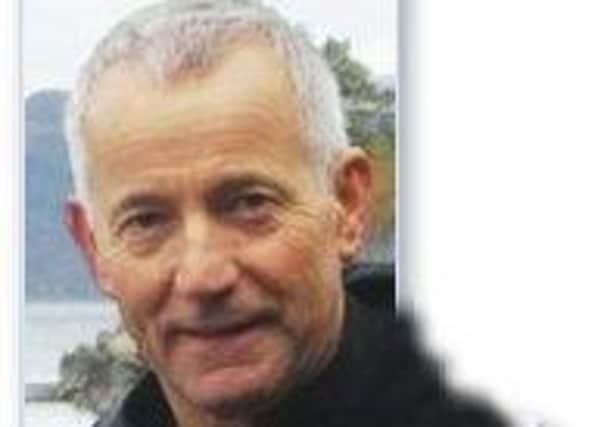Will coronavirus mean a rise in adopted people looking for origins? – Dr Gary Clapton


Having noted this, I have refrained from linking pandemics and viruses with adoption and the work of Birthlink. And yet, the current climate has made me think of the reasons that adopted people seek out their birth families.
Research tells us that such reasons are many, often involving major life events including pregnancy, marriage or the death of adoptive parents.
Advertisement
Hide AdAdvertisement
Hide AdIn the USA where access to original birth documents is restricted and complex, often the most persuasive argument for a judge who must agree to release these is on medical grounds, such as the need for an organ transplant or blood transfusion that will match that of the adopted person (though the latter instances are more often the stuff of soaps).
Another reason that adopted people raise regarding the importance of medical knowledge is that this is a universally justified need to know matter and therefore medical knowledge is a “safe” issue, that is, it avoids any feelings of disloyalty that may be present in the adoptive family when the subject of tracing birth parents is broached: “Ever since I can remember I’ve known I’m adopted. I mean, I think my parents told me from a very, very early age, as soon as I could understand a little bit, obviously it’s a build-up, isn’t it, over the years?
“When you’re a child you don’t know exactly what adoption means. I felt as though, yeah, I think I probably felt free to ask questions, but I probably felt that I didn’t want to. Do you know what I mean? There wasn’t a ban on talking about it, but I just felt that it was probably a bit of an awkward subject.” (Adopted adult in The Adoption Reunion Handbook)
DNA testing and other similar procedures such as genetic screening now go some way towards bypassing the information about familial medical issues that would be provided by a birth mother, however, these interventions can be costly and some concerns have been raised in the medical community that this testing can provide unreliable information related to very rare conditions.
The processes involved in today’s adoptions of youngsters are generally more diligent about collecting as much information as possible from both biological parents, however, this was not the case until relatively recently and there are many thousands of adopted adults who will have no ready knowledge of whether they may have, for instance, a propensity to contract certain cancers, allergies like eczema, a heart defect and so run the risk of misdiagnosis (or, to look on the bright side, they may discover more non-medical traits such as a propensity for a specific type of humour or sportiness).
Medical information may never be forthcoming in the case of adoptions of children across national boundaries, it is the case that in some countries of origin, the medical histories of infants and children continue to remain incomplete or inaccurate, perhaps because of poor institutional practices or abandonment.
Other people may also be affected by the lack of medical history – the children of adopted people. In a blogpost subtitled: “My family health history was a blank page”, an adopted woman is quoted: “Knowing nothing about my family medical information was scary and frustrating as a mom.” “When my child got sick it was like a puzzle trying to figure out our health history.”
“The Dreaded Question: What Is Your Family Medical History?” is the title of blog on the website Adopted Sons and Daughters: Adoptee Tales From The Sealed Records Era.
Advertisement
Hide AdAdvertisement
Hide AdThe author is described as: “Having to deal with multiple health issues, she hates hearing the repetitive question: What is your family medical history? She feels like she is cheating her kids out of knowing where they come from, and she wishes she knew the same.”
The US state in which she was adopted is one of the 40+ that refuse to make adoption records available.
Fortunately for those adopted in the UK, this is no longer the case. Here, so long as you know what and where they are, access to your adoption papers is open to all.
If you don’t know how to access these, contact us at Birthlink: www.birthlink.org.uk/
Dr Gary Clapton, reader in Social Work and programme director for BSc (Hons) in Social Work, the University of Edinburgh.